In FF7 Rebirth you will expect some changes. ©Square Enix
The story of the Final Fantasy 7 Remake trilogy will probably differ greatly from the original – but with a clever twist. Here you can find out why this is awesome and why every fan benefits from it.
Note: Spoilers follow for Final Fantasy 7 Remake as well as the original FF7.
There are many indications that the Final Fantasy 7 tells a different story than the original. This includes, for example, the fact that only two games would have to cover the remaining 85 percent of the original story. Or the fact that the second part will be called “Rebirth” instead of “Remake 2”.
Most obviously, however, the ending of FF7 Remake indicates a plot change.
You’ll remember that whenever the story in the remake threatened to deviate from its origins, the ghostly memoir appeared to prevent it. These guardians of fate finally met their premature end through Cloud & Co.
A liberation in many respectsbecause the introduction and subsequent elimination of the memoir allows both the fictional heroes, the developers and the fans to overcome the limitations of the original.
And that’s awesome for a number of reasons!
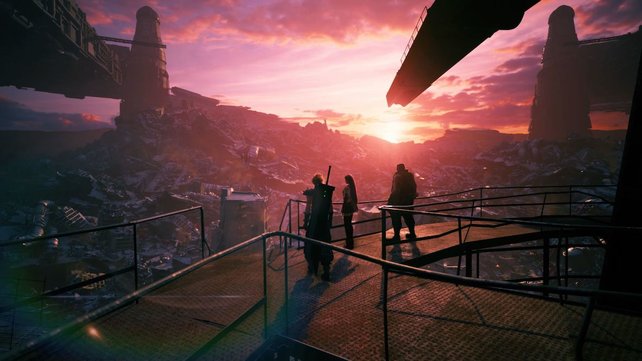
New hopes arise thanks to the story changes. ©Square Enix
We’re rooting for you more than ever
The original attraction of the remake was to get to know the FF7 world from a new perspective with current technology. Fan curiosity was about the presentation, not the story itself – because this has been known since 1997.
But FF7 Remake changed that premise. Anything is possible in Rebirth and Part 3, after all the heroes have overcome their fate. The ending of the remake says it verbatim: “The unknown journey continues.”
The biggest question, of course, is: will Aeris survive this time? What about the bubbly Zack from another timeline you saw at the end of the game? Will he meet Aeris again and turn the bitter ending of Crisis Core into a happy ending?
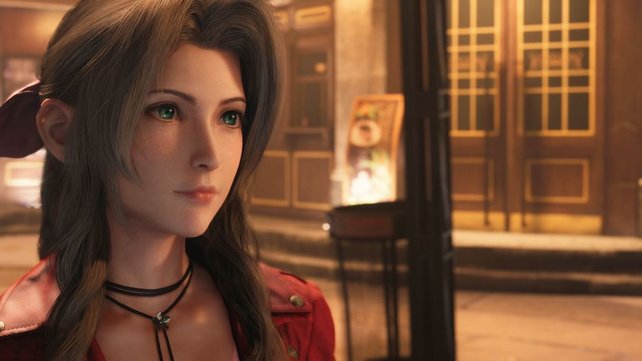
Aeris is one of the most tragic characters in video game history. Can her fate possibly be changed? ©Square Enix
You can also hope for Jessie, after all the other AVALANCHE members Biggs and Wedge survived in the remake. Will the resistance group play a more far-reaching role as the plot unfolds?
This hope is mixed with an uneasiness: if everything is possible, the survival of other characters is no longer certain either. You’ve already witnessed the shocking near-death of Barret, who only survived with the help of the memoir. Might Aeris and Zack’s survival require another sacrifice?
This openness makes the remaining parts of the remake project at least for me far more appealing than if they faithfully retold the original story. That’s why the latest teaser from Rebirth works so well, because it plays with the unknown.
Sequel instead of remake?
Perhaps the most significant of the coming changes is Sephiroth’s new state of consciousness. Seemingly aware of what happened in the original FF7, he defies his fate and encourages Cloud to fight the memoir.
Does that mean the events of FF7 and the compilation have already happened? So is the remake trilogy a sequel to FF7 in a different timeline rather than a retelling?
There’s a lot to be said for it. Aeris also seems to sense the original future, while Cloud repeatedly suffers from visions of future events – or possibly of past events from another time dimension!
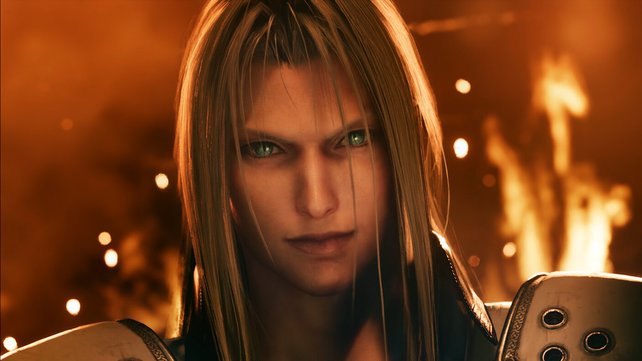
Does Sephiroth have a new plan? ©Square Enix
How could that make sense within the story? Because of Sephiroth’s spirit within the Lifestream! Already, thanks to the events surrounding Advent Children, you know that Sephiroth’s thoughts flow through and contaminate the lifestream.
His last words in the English version of the film were “I will never be a memory”. But what would happen if his memories and consciousness traveled back in time to change the future? That may be exactly what happened in FF7 Remake!
Whether it’s a sequel or an alternate universe, changes to the story won’t ruin the original, even for purists. Because FF7 has already happened in the remake itself, the remake project does not “overwrite” the plot. Fans have their memories of the original epic – and they can’t be clouded by the new trilogy, because it tells one other Story or a sequel in an alternative timeline.
I think this solution is awesome!
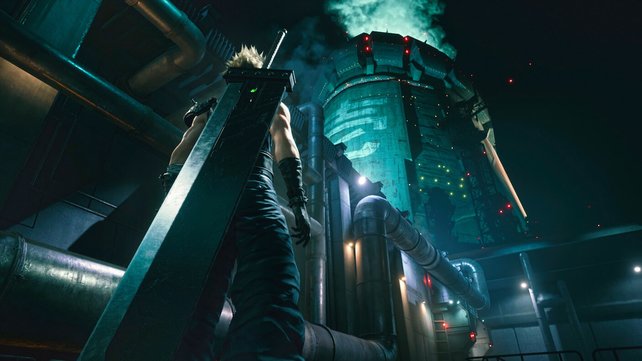
Same beginning, different ending? Quite probable! ©Square Enix
Coherent universe
Another advantage of the differences, in my opinion, is that the remake project can take elements of the compilation and put them together more satisfactorily or even tell them further.
Over the years, the FF7 universe has evolved. The lore was both expanded – for example with characters like Genesis or Nero – and embellished, for example with the backgrounds of Wutai or the Turks.
The compilation left you with a few questions. The remake trilogy can answer these, knitting together loose ends and creating a denser, more cohesive world overall than the original.
An optional dungeon in FF7 Remake and the entire plot in the DLC InterMISSION around the Deepground organization show that the remake project is taking on the “new” elements of the universe. The latter also features Yuffie, which shows that she will play a much larger role than in the original.
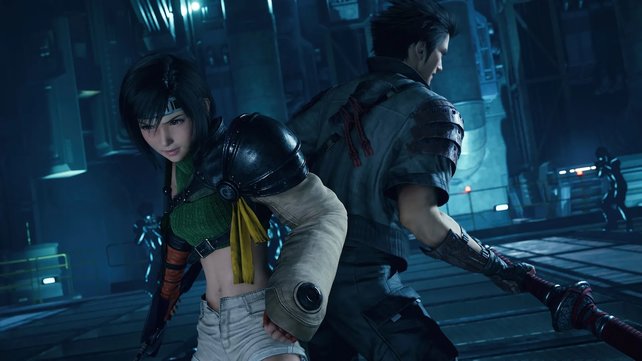
In the InterMISSION DLC, Yuffie received her own side quest with new and old characters. ©Square Enix
The same should apply to Vincent. Like Yuffie, he was initially an optional and therefore rather underdeveloped character in the original game. Only in Advent Children and other games did he receive more substance and a detailed backstory.
The original cast also gained a lot more depth with FF7 Remake. FF7 hasn’t aged well in a number of ways, partly due to the messed up localization in both German and English. Some dialogue just didn’t make sense. FF7 Remake, on the other hand, equipped the heroes with significantly more nuancesfrom which Aeris, Tifa and the AVALANCHE members in particular benefited.
For all of these reasons, I welcome – in fact, wish for – variation in the remake games, and think there’s no way to complete the original story in just two more parts. The changes make me look forward to Rebirth even more than the first part of the remake.
How do you feel about the deviations in the story? Let us know on Facebook!
You don’t want to miss any more news, guides and tests for new games? Always want to know what’s happening in the gaming community? Then follow us
Facebook,
youtube,
Instagram,
flipboard or
Google news.
The post That’s why I think the departure from the original is brilliant appeared first on Gamingsym.

